GreenAir’s roundup of the latest news and comment from around the world on efforts by the aviation sector to decarbonise and reduce its environmental impact
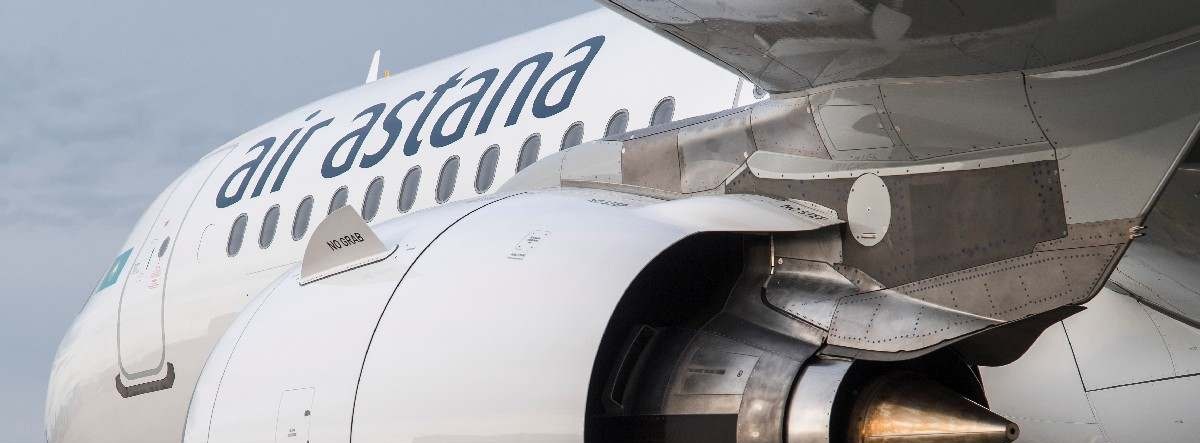
LanzaJet and KMG agree to progress SAF production project in Kazakhstan
8 October 2025
US-based sustainable fuels producer LanzaJet has signed an agreement with Kazakhstan’s national oil and gas company KazMunayGas (KMG) to advance the country’s first sustainable aviation fuel project and deploy LanzaJet’s alcohol-to-jet technology to the region. The partners recently completed a joint feasibility study and have now agreed to proceed to the Front-End Engineering and Design (FEED) development phase of the project, during which all technical and economic solutions for construction of the plant will be finalised. The next phase is set to get underway immediately and the project is expected to support anticipated SAF demand in the country that is likely to hit 70,000 tonnes annually by 2030. LanzaJet was recently awarded £10 million ($13m) from the UK’s Department for Transport (DfT) to accelerate development of its Project Speedbird commercial-scale ethanol-to-SAF biorefinery project in north-east England.
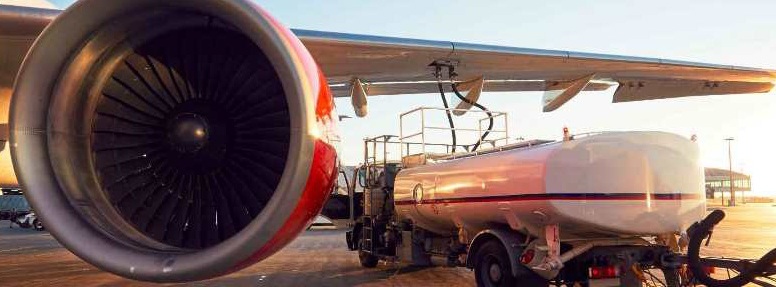
SkyNRG says e-SAF and carbon removals should not be competing strategies for aviation decarbonisation
6 October 2025
As pressure increases on the aviation sector to reduce its harmful emissions, debate is intensifying about the relative merits of capturing and storing atmospheric carbon or recycling it to produce e-SAF. But a new discussion paper released by SkyNRG, a leading global supplier and emerging producer of SAF, argues that both technologies should be used as complementary measures to decarbonise air transport rather than as competing options. The Amsterdam-based company says the high cost of developing e-SAF is driving some in the industry to consider extending the use of less-expensive fossil fuels while also investing in technologies which remove carbon from the atmosphere for permanent storage. A better solution, suggests SkyNRG, is to prioritise investment in e-SAF then use capture and storage technology to permanently remove any residual carbon from unavoidable or historic emissions.
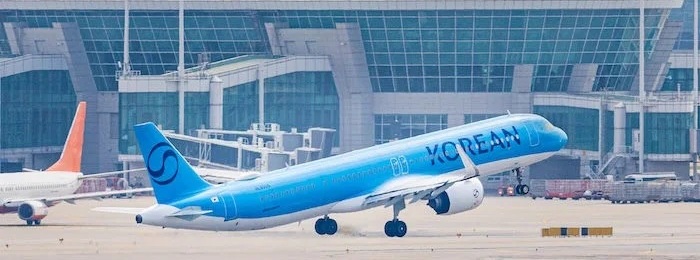
South Korea announces mandatory SAF blending for departing international flights from 2027
6 October 2025
South Korea has announced compulsory use of blended sustainable aviation fuel for international flights departing its airports from 2027. The blending mandate will start at 1% and rise to 10% by 2035. From 2028, international airlines will also need to use SAF-blended fuel for at least 90% of their annual refuelling at South Korean airports. The new policies were devised jointly by the Ministry of Land, Infrastructure and Transport (MOLIT) and the Ministry of Trade, Industry and Energy (MOTIE) as part of their Sustainable Aviation Fuel Blending Mandate Roadmap. Additionally, a SAF Alliance was established to unite representatives of the aviation and refining sectors with related agencies to expedite supply and use of the fuel. In a carrot-and-stick approach, the ministries foreshadowed rewards for airlines which use more than the mandated minimum blend of SAF, and for passengers making specific contributions towards the cost of the fuel but also warned of steep penalties for non-compliance.
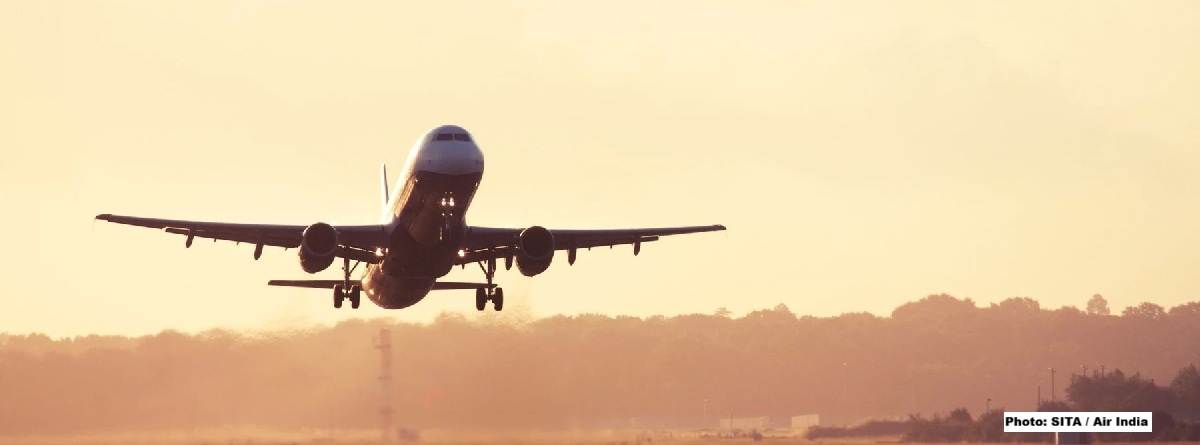
SEPTEMBER NEWS EXTRA
September 2025
The EU has allocated the first tranche of free EU ETS emission allowances to airlines for the use of SAF. Starting in 2024 and ending in 2030, 20 million allowances, worth around €1.5 billion (at an allowance price of €75), have been set aside for this purpose. For the first year of application, 2024, around 1.3 million allowances, worth approximately €100 million, have been distributed between 53 operators. The support system covers all or part of the price difference between fossil kerosene and the eligible SAF used by individual commercial aircraft operators on their flights. This support comes on top of the EU ETS incentive for operators using SAF not being required to surrender allowances for the use of these fuels, an advantage the European Commission says was worth €25 million in 2024.
In collaboration with Shell and Portland International Airport (PDX), Delta Air Lines has taken delivery of more than 400,000 gallons of blended SAF produced by Montana Renewables, marking the first commercial-scale SAF uplift at PDX. The waste-derived feedstock from Montana was supplied by Shell to Zenith Terminal in Portland where it was blended with traditional jet fuel and delivered to PDX via barge, truck and pipeline. The blended SAF entered the airport’s privately-owned fuel supply system in early September. The PDX delivery is part of the airline’s broader SAF strategy, which includes previous deliveries to its hubs at Minneapolis-St Paul and Detroit.
US ethanol-to-jet (EtJ) technology specialist Gevo is to partner with European-based renewable energy company Haush to explore developing ethanol and EtJ facilities and business opportunities in Europe, with potential production locations in Portugal, Germany and the United Kingdom. Should both parties determine the right business opportunity exists, the agreement is expected to be a precursor to a full joint venture. They will explore options for ethanol sourcing and SAF plant development for the purpose of producing and selling SAF in Europe, with the goal of targeting for consideration projects that deliver ReFuelEU-compliant SAF. Haush will take the lead on European activities, including the identification of specific site locations, management of the application to the European Innovation Council Accelerator programme, the identification of prospective investors and development of relationships with selected fuel suppliers and blenders.
Air India Group is rolling out SITA OptiFlight’s climb optimisation solution OptiClimb and SITA eWAS data-driven solutions for flight optimisation as part of a strategy by the airline to improve sustainability and operational performance. The technology is now active across the Air India A320 fleet and the Air India Express Boeing 737 fleet, covering both domestic and international routes. Deployment on Air India’s widebody fleet will be rolled out subsequently. The tools are expected to help cut carbon emissions by 35,000 tons annually across the Air India fleet.
The EU’s Clean Aviation Joint Undertaking has selected aircraft manufacturer ATR to lead two ground-breaking initiatives on low-emissions regional aviation. As part of Clean Aviation’s Ultra-Efficient Regional Aircraft thrust, ATR will spearhead development projects aimed at demonstrating the integration of hybrid-electric propulsion, advanced propeller systems and electrified aircraft systems on a regional aircraft. By 2030, ATR expects to achieve the first-ever hybrid-electric aircraft using an ATR 72-600 test bed. ATR’s flagship project HERACLES (Hybrid-Electric Regional Aircraft Concept for Low EmissionS) will define an ultra-efficient regional aircraft concept integrating hybrid-electric propulsion, high-performance batteries and a thermal engine compatible with 100% SAF. These technologies will be flight-tested through DEMETRA (Demonstrator of an Electrified Modern Efficient Transport Regional Aircraft), using an ATR 72-600 flying test bed.
France-based biomass conversion technology company Axens has started up a 100% SAF unit in Asia with the capacity to entirely convert renewable feedstock into SAF through a two-stage process involving the Axens Vegan unit that allows production of either 100% renewable diesel or 100% SAF. The company says the 100% SAF mode can be achieved without the need for an additional hydrocracking stage.
With the support of SMBC Group, Pegasus Airlines has converted three Japanese Operating Lease with Call Options (JOLCO) transactions into a Sustainability-Linked Loan (SLL) structure. The financing incorporates environmental and social KPIs across both the loan and equity components and supports the delivery of three Airbus A321neo aircraft. To facilitate the SLL conversion in line with market best practices, Pegasus implemented its inaugural Sustainability-Linked Financing Framework, developed with the support of SMBC as sole Sustainability Advisor in early 2025. It features KPIs focused on carbon intensity and gender diversity, each paired with Sustainability Performance Targets. The financing terms of the JOLCOs are tied to the airline’s sustainability performance against the KPIs.
Sustainable energy company Moeve has joined forces with other members of the Global Impact Coalition to advance a new methanol-based pathway to e-SAF and low-carbon chemicals in Europe. Starting with a feasibility study, the companies have formalised a dedicated spin-off structure to accelerate the development of a pathway based on Methanol-to-Olefins technology. The process enables the conversion of e-methanol into e-SAF through the production of sustainable olefins. The study is set to run until late 2026 and will assess the technical and economic potential of building a first-of-its-kind sustainable olefins production facility in Europe. The global green methanol market is set to triple by 2030, says Moeve.


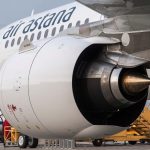

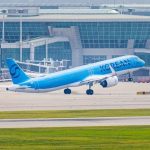



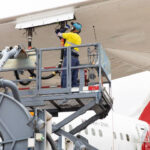





More News & Features
LanzaJet and KMG agree to progress SAF production project in Kazakhstan
SkyNRG says e-SAF and carbon removals should not be competing strategies for aviation decarbonisation
South Korea announces mandatory SAF blending for departing international flights from 2027
News Roundup September 2025
Catagen launches SAF production company and signs offtakes with Ryanair and Shell
ICAO and IRENA launch Finvest platform to connect sustainable aviation projects with financiers